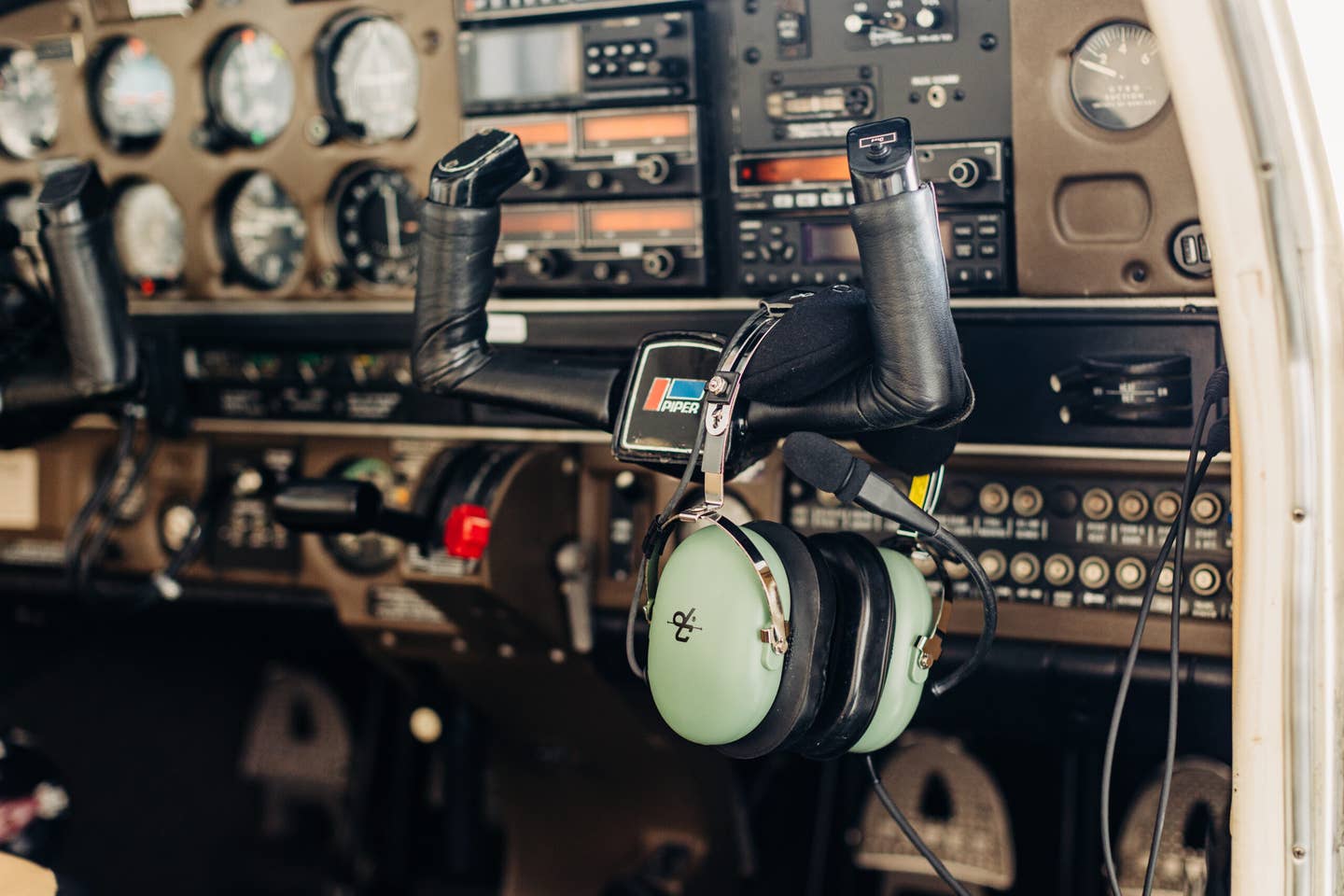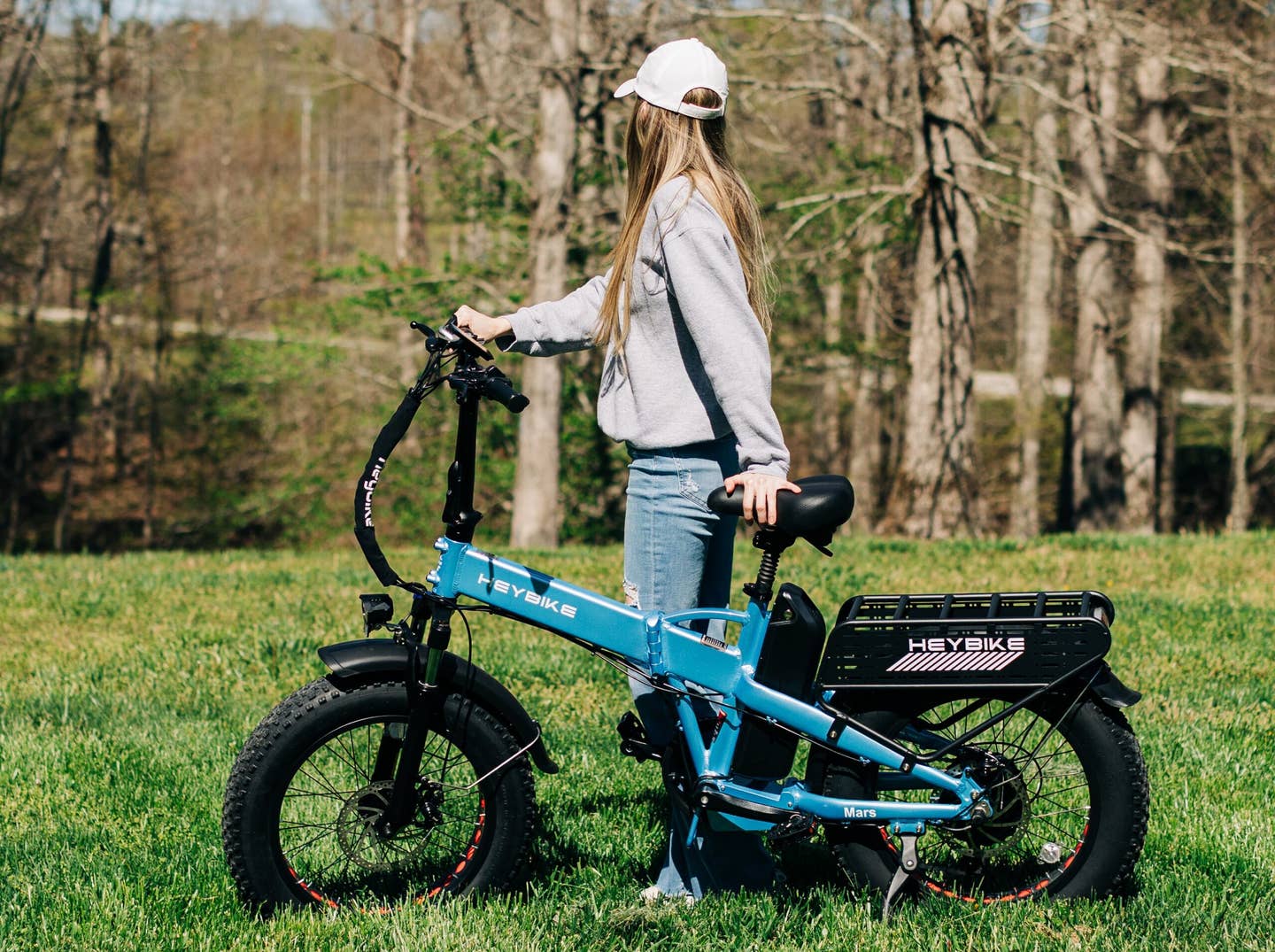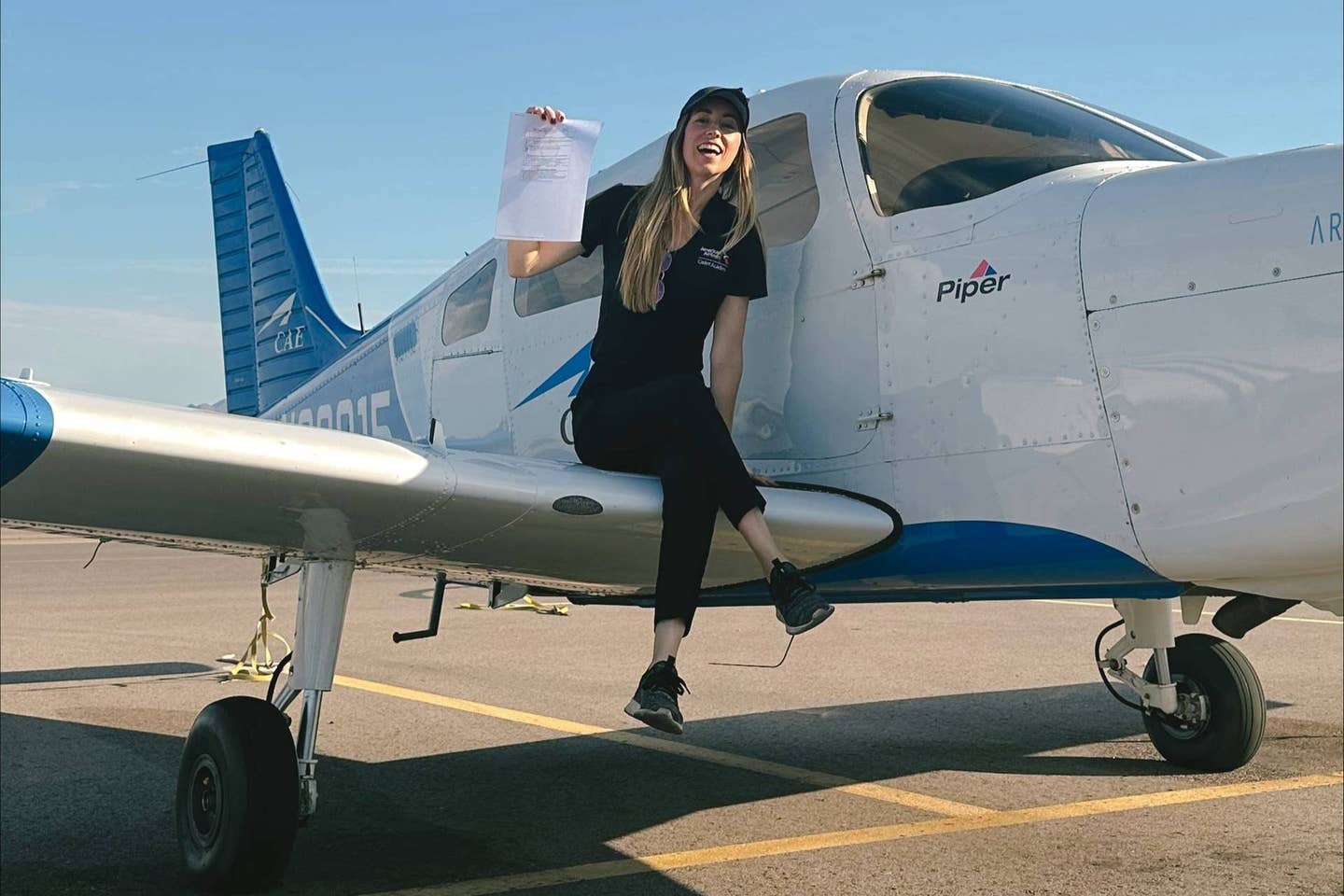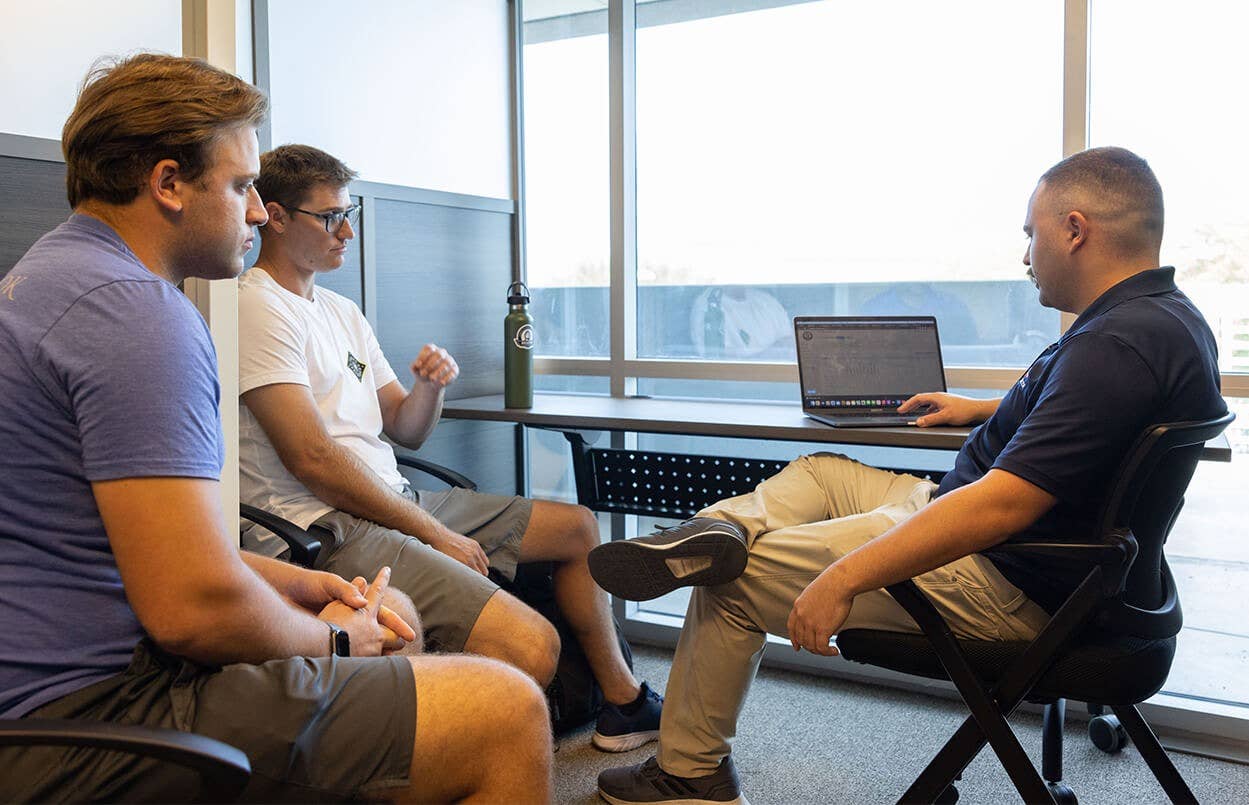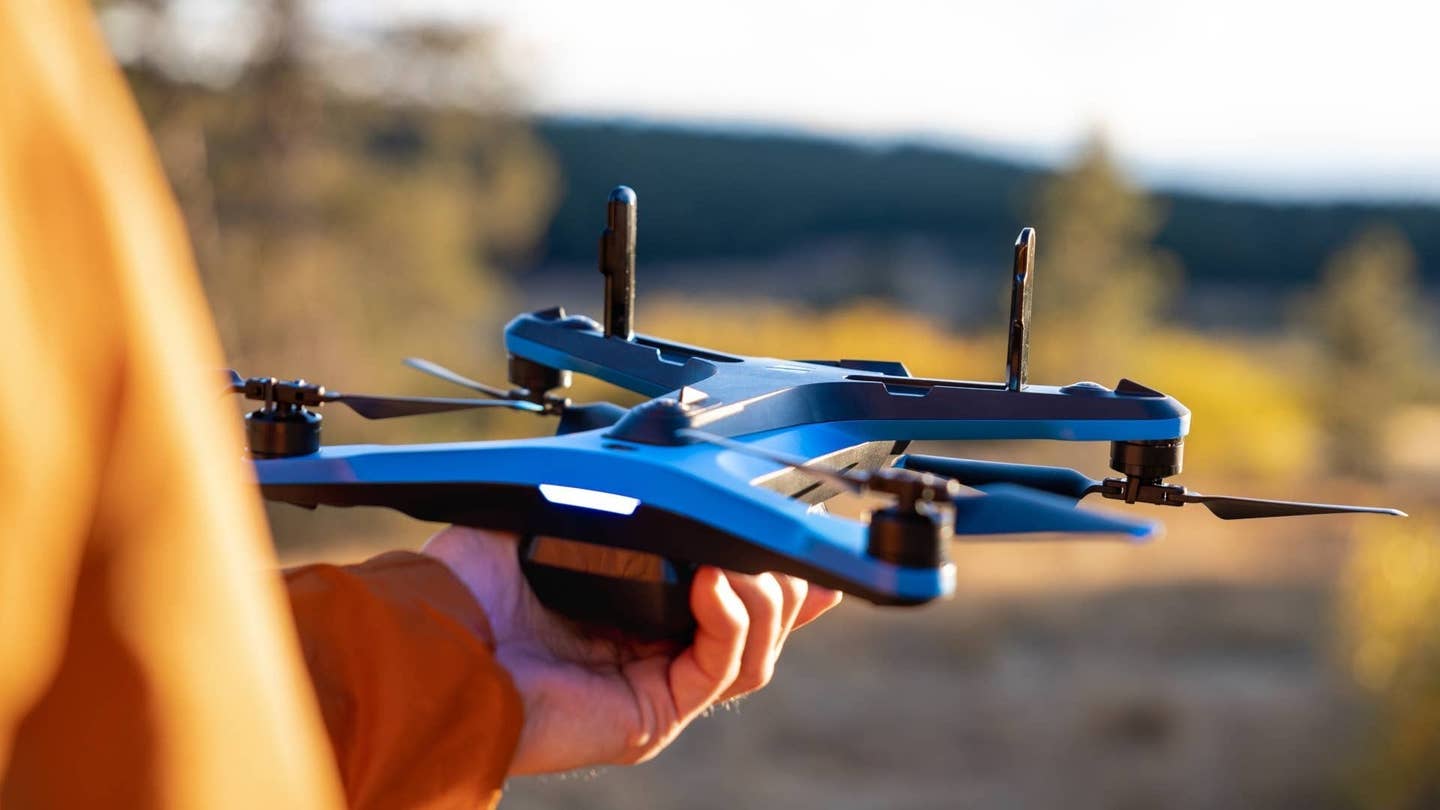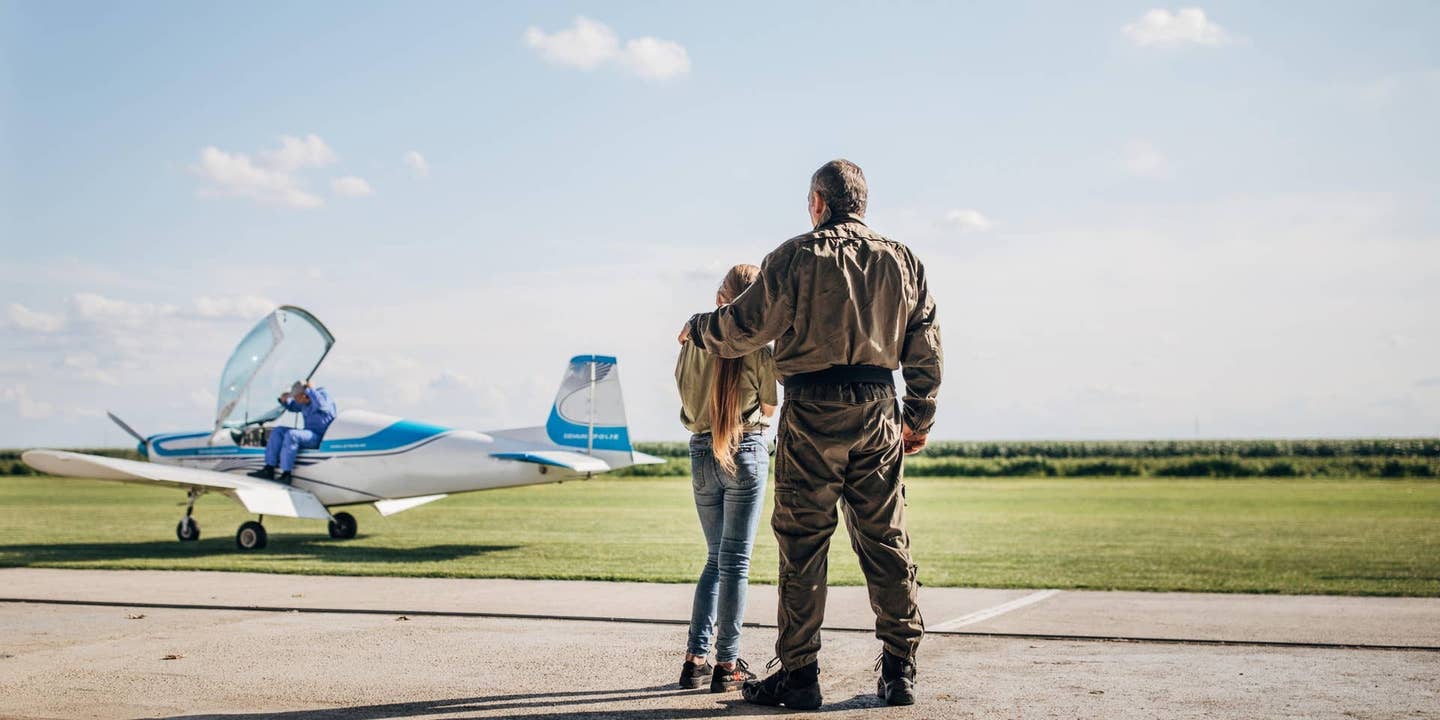What Are the Best Shoes for Pilots?
We look at 10 shoes for pilots that offer a range of features that make them ideal for life in the cockpit.
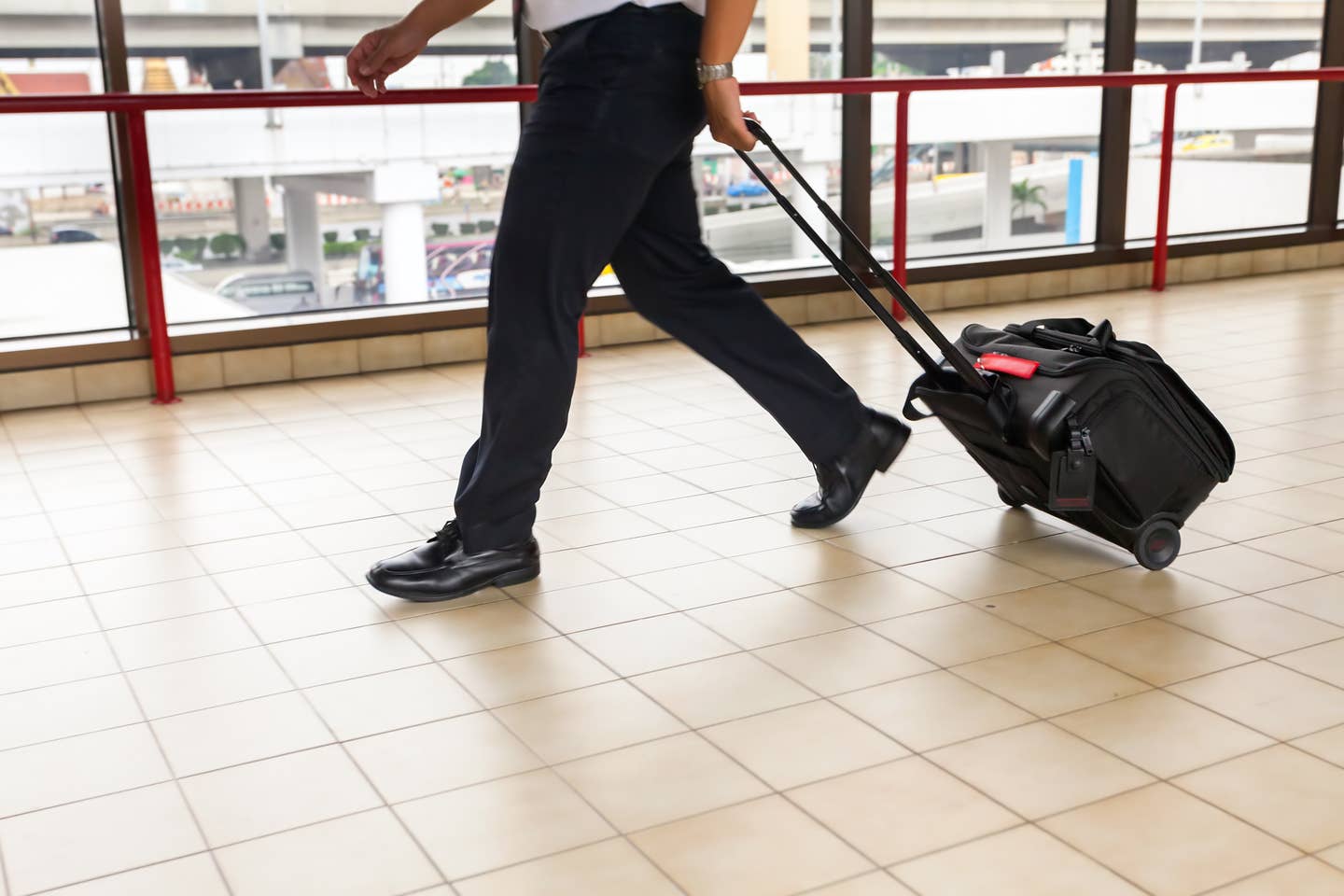
Find the best shoe for you here. [Credit: Shutterstock]
Editor’s note: The following article is not intended to be a ranking, but is only to serve as a list of possible options. As the saying goes, your mileage may vary.
Pilots demand a lot from their shoes, including that they are lightweight, durable, and comfortable. They should also look good and—for professional pilots—be versatile enough to complement a range of uniforms worn by the airline, corporate, and cargo pilots. Like driving shoes for cars, manufacturers design specialized shoes for pilots. However, there are shoes made for other activities that also work well for flying, especially for general aviation pilots who do not have to wear uniforms.
Quicklook: Best Shoes for Pilots
- Amberjack The Original: Best for all day wear for on-duty pilots
- ECCO Helsinki Oxford Shoe: Best for staying dry with moisture-wicking lining
- Allen Edmonds Park Avenue: Best for higher-fashion style on a bigger budget
- Ariat Heritage Roper: Best for fans of pilot boots
- LIFT Aviation Air Boss 2 Flight Shoe: Best for gripping rudder pedals
- Shoes for Crews Holden: Best for high-top style with ankle support
- Piloti 24 Hours of Le Mans Nubuck Endurance Shoe: Best for foot stability with steel torsion bar
- Onitsuka Tiger Serrano: Best for retro sneaker fashion
- LIFT Merlin Flight Shoe: Best for fire resistant lining and Nomex laces
- Seavees Mariner’s Boot: Best for grippy, flexible sole
10 Shoe Options for Pilots
Each of the following pilot shoes has unique design elements, but many also share common traits that make them especially well-suited for flying.
Amberjack: The Original
Best for: Airline or business aviation pilots looking for an all-day shoe that has an athletic feel.
Known as one of the most comfortable dress shoes on the market, the Amberjack Original is a comfortable dress shoe made from high grain leather, making it a great option for on-duty pilots or for everyday wear. The dual-density outsole provides support which makes it a great option for doing pre-flight inspections.
Material: Leather
Sole: Athletic Rubber
| Pros |
| Stylish |
| Athletic material |
| Good arch support |
Ecco Helsinki Oxford Shoe
Best for: Professional pilots who want a breathable shoe that will not clash with their flight uniform.
Known for its several lines of casual shoes, sneakers, and clogs, Ecco has a reputation for comfortable footwear. The company applies the same principles to its dressier models like the Helsinki. This is essentially a traditional dress shoe with a chunky, all-terrain tread. A slender, gently squared-off toe gives it a sleek, defined shape.
Material: Leather
Sole: Leather
| Pros | Cons |
| Moisture-wicking liner | Not stylish |
| All-leather construction won’t set off airport metal detectors | |
| Breathable |
Special Features:
- Ventilated liner
- Moisture-wicking
- Lightweight
Allen Edmonds Park Avenue
Best For: Pilots looking for a stylish shoe to wear with a flight uniform or when out for dinner with friends.
Allen Edmonds shoes have a reputation for classic good looks. Park Avenue is no exception, and while it is relatively expensive, it can make the transition from work to weekend easily.
Material: Calfskin leather
Sole: Leather
| Pros | Cons |
| Stylish | Expensive |
| Durable | |
| Lightweight |
Special Features:
- Perforated brogue styling
- Lined upper
Ariat Heritage Roper
Best For: Pilots who prefer boots to shoes
Cowboy-style boots have been traditional options for pilots since the early days of aviation. Early military, air-mail, and barnstorming pilots wore boots for warmth, protection, and style. These boots recall those dashing days.
Material: Leather
Sole: Rubber
| Pros | Cons |
| Durable | Weight may cause fatigue |
| Extra warmth for colder climates | Stiff sole affords less pedal feel |
| Breathable liner for summer |
Special Features:
- Composite shank
- Gel-cushioned footbed
LIFT Aviation Air Boss 2 Flight Shoe
Best For: Pilots who prefer understated athletic-shoe style
Lightweight running or driving shoes often find their way into the cockpit when pilots start seeking more comfort. The Air Boss 2 takes cues from those styles but is designed with aviation-specific features.
Material: Synthetic mesh
Sole: Rubber
| Pros | Cons |
| Thin soles allow a good feel for rudder pedals and toe brakes | Look a bit like bowling shoes |
| Breathable insole |
Special Features:
- Engineered heel sliders
- “G-Traction” soles for gripping rudder pedals
- Antimicrobial, breathable insoles
Pricing: $125
Shoes for Crews Holden
Best For: Best for pilots who prefer high-top shoes
The Holden offers additional, adjustable ankle support thanks to its high-top, lace-up design.
Material: Leather
Sole: Rubber
| Pros | Cons |
| Lightweight | Plain styling |
| Water resistant | Not as likely to transition easily from work to weekend |
| Slip resistant |
Special Features:
- TripGuard design
- Padded collar
- EVA midsole
Piloti 24 Hours of Le Mans Nubuck Endurance Shoe
Best For: For Pilots accustomed to and fond of driving shoes
While designed for driving, the Piloti shoes have many of the same features and characteristics that pilots seek in flying shoes. Since these shoes are known for offering a tactile interface with gas, brake, and clutch pedals in a car, they should also work well with rudder pedals in an airplane.
Material: Suede
Sole: Rubber
| Pros |
| Attractive styling |
| Thin sole designed to maximize pedal feel |
Special Features:
- Thin rubber sole for a good feel
- Recycled cork and EVA insole
- Padded tongue
- Padded collar
Pricing: $190
Onitsuka Tiger Serrano
Best For: Pilots who are into a vintage sneaker style
I have flown with these shoes for several years because they allow me to feel rudder feedback easily through the pedals. While designed as running shoes decades ago, Serranos’ lightweight, thin, grippy sole and classic sneaker looks make them ideal for a weekend flight.
Material: Suede and nylon mesh
Sole: Rubber
| Pros | Cons |
| Vintage sneaker styling | Sole wears quickly |
| Fashionable | Less durable than some purpose-built flying shoes |
| Tactile connection with pedals through thin, flexible sole |
Special Features:
- Streamlined and contoured fit
- Available in eye-catching colors
Pricing: $75
LIFT Merlin
Best For: Pilots who want a shoe styled more like a high-top sneaker.
Lift says the Merlin’s specially designed heel rolls and slides easily with the pilots. A carbon insole gives the show the necessary stiffness for support and all-around durability. The sleek design also adds flair whether you are wearing a uniform or casual clothes.
Material: Leather
Sole: Rubber
| Pros | Cons |
| Designed to grip rudder pedals | Sole shape appears less-optimized for walking long distances |
| Semi-high-top design offers extra support |
Special Features:
- Fire resistant liner
- Carbon midsole
- Nomex fire-resistant laces
Pricing: $267
Seavees Mariners Boot
Best For: Pilots who like the feel of a canvas high-top sneaker that adapts well to flying.
An earlier Seavees boot similar in design to these helped one reviewer to get through tailwheel training because their thin, flexible soles allowed them to feel the rudder pedals readily.
Material: Canvas
Sole: Rubber
| Pros | Cons |
| Lightweight | Less durable than leather |
| Comfortable | Pricey for canvas |
| Supportive high-top design | |
| Fashionable |
Special Features:
- Foam footbed
- Water resistant
Pricing: $178
Important Details When Looking for Pilot Shoes
Pilots rely on their shoes to help them operate aircraft comfortably and efficiently and also to get them to, from, and through airports that may be full of obstacles and hazards. Features to look for include:
Airport Friendliness
Shoes without metal in their construction are a big help because you don’t have to take them off if you have to go through security checkpoints.
Appearance
While each airline, flight department, or training organization has its own dress code, generally, to maintain professionalism, any pair of shoes that a pilot wears must look sharp and should complement the uniform.
Comfort and Support
A lot is riding on a pilot’s choice of shoes. Comfort is especially important when you are flying an airplane full of passengers. Pilots should consider pursuing every detail that enhances comfort in the cockpit.
Quality
High-quality shoes tend to be expensive but are worth the extra money if they enhance the comfort and safety of pilots. Well-made shoes also last longer than cheap ones, so spending the extra money often is worthwhile.
Traction
Pilots need shoes that provide traction in the cockpit when engaged with the aircraft’s rudder pedals as well as while walking through the airport where floors may be wet and slippery. They also have to grip well when worn outside during the pilot’s preflight walk around, especially in wet or icy conditions.
Cost
Pilots need durable, high-quality shoes that fit into their budgets. It can be difficult to find well-made shoes that are comfortable and will last a long time at an affordable price. Taking time to research the available brands and models can help you find the right pilot shoes at a good price.
Pilots Should Pick The Shoe That Matches Their Mission
There are all sorts of pilots out there—from uniformed professionals flying airliners and corporate jets, to air-taxi, seaplane, and bush pilots—who might dress more casually. They need shoes that are not only comfortable but also able to endure years in the cockpit, on the ramp, and traversing terminals. Then, of course, there are private pilots whose missions vary from 1,000-mile family adventures to an hour’s flight for the $100 hamburger. Each will have to weigh their preferences in order to find their ideal flying footwear.

Sign-up for newsletters & special offers!
Get the latest FLYING stories & special offers delivered directly to your inbox

